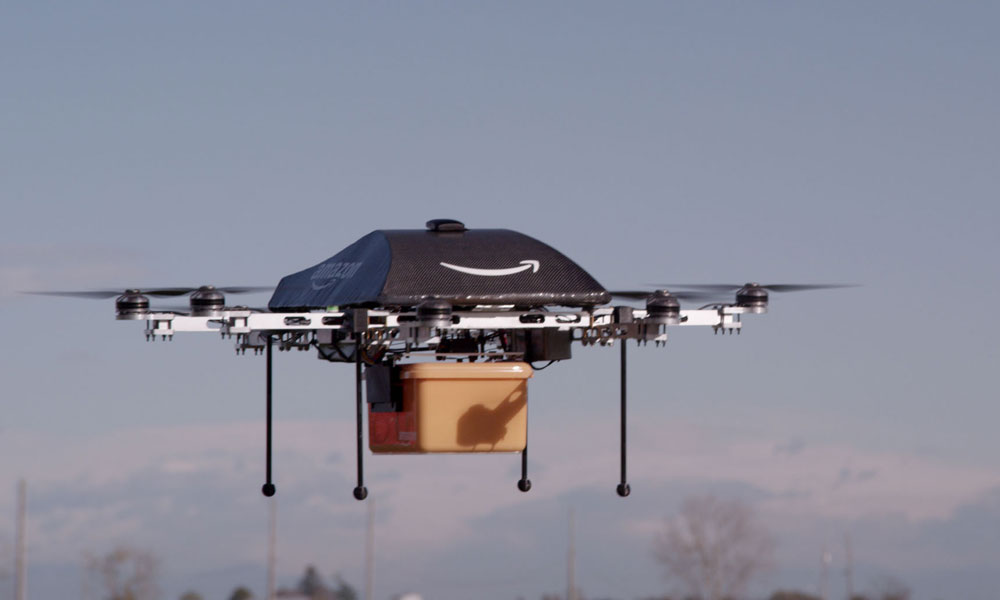
Associations on Unmanned Aerial Vehicles: Give Amazon a Chance
Groups representing the drone industry have largely been positive on the Federal Aviation Administration's strategy for drones but say the regulations should allow for more freedom in experimenting with new markets—such as Amazon's idea to try drone deliveries.
Advocates for the drone industry got most of what they wanted from the Federal Aviation Administration’s proposed regulations.
One thing they didn’t get? The right for Amazon and others to take flight with unmanned vehicle deliveries. Not that they’ve given up trying to make their case on that front.
In comments filed ahead of the FAA April 20 deadline for responses, the Small UAV Coalition and the Association for Unmanned Vehicle Systems International (AUVSI) joined Amazon in commenting on the long-delayed rules that were first released back in February. The groups—some of the more than 4,100 that responded—were mostly in lockstep on the issue, arguing that while the FAA’s regulations were a good start, they did not do enough to enable commercial interests in the technology.
“The FAA should reconsider allowing [small drone] operators to receive compensation for commercial operations that include package delivery,” AUVSI stated in its comments, adding that the market could be regulated through industry standards and FAA advisories.
The Small UAV Coalition, of which Amazon is a member, also suggested 22 revisions [PDF] of its own, and recommended, instead of category-related bans, “a process by which the FAA may permit such operations in consideration of the technological capability of the UAS, the capability of the operator, the particular use and operating environment.”
In Amazon’s own comments, the company emphasized that it simply wants to have a chance to prove that it can make unmanned aircraft systems (UAS) deliveries work safely, before facing an all-out ban on the practice.
“Overly prescriptive restrictions are likely to have the unintended effect of stifling innovation and, over time, will fail to offer any corresponding safety benefit as small UAS technology evolves,” the letter from Amazon explained, according to The Hill. “By contrast, genuine performance-based regulation would provide a flexible framework for operators to demonstrate that these types of operations can be conducted safely. To complement this performance-based approach, Amazon strongly supports the inclusion of deviation authority in the final rule to facilitate the development, testing, and introduction of UAS technologies, including Prime Air.”
The unmanned aerial vehicle industry wasn’t the only one that raised questions about the FAA’s considerations. Privacy-focused groups, such as the Electronic Privacy Information Center (EPIC), have emphasized that the FAA should do more to protect the public as these devices become regulated.
(Handout photo)






Comments